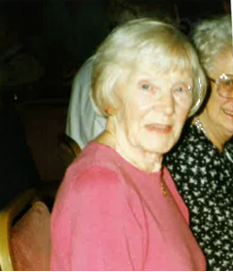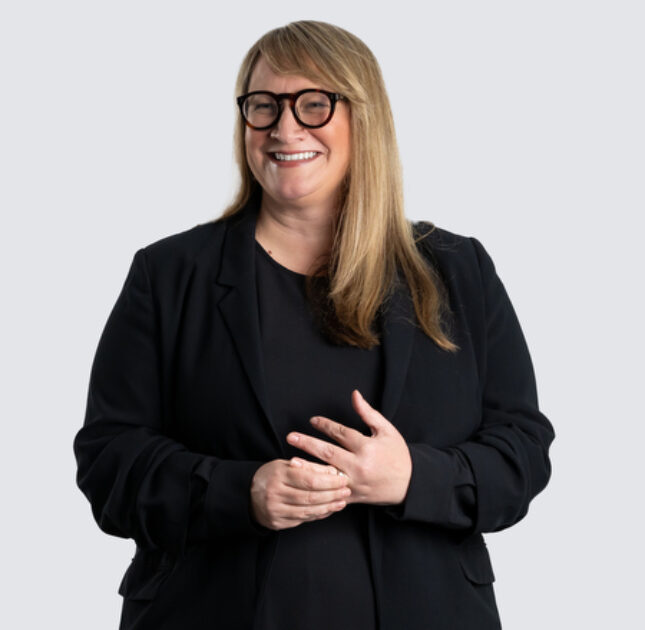More than 50,000 families have now made a redress claim for incorrect decisions made by NHS Clinical Commissioning Groups (CCGs)* which resulted in individuals and their families unfairly being forced to pay out of pocket for care home fees.
Lisa Morgan, Partner and Head of the Nursing Care team says
£287 million of redress and £25 million in interest has now been won by families wrongly denied care funding by the NHS.
Why are people entitled to compensation for NHS Continuing Healthcare assessments?
Thousands of people over the last decade were unfairly denied funding from the NHS to cover their care costs. Over 50,000 people have made claims for this from the NHS since 2012.
Some patients who were denied funding have had to drain their life savings or even sell their homes to pay for their care or the care of a loved one.
What is NHS Continuing Healthcare funding, and how do people get it?
Individuals with severe physical or mental health needs are entitled to NHS Continuing Healthcare (CHC) funding, which covers their health and social care costs – primarily care home fees.
To get this funding, patients are assessed by their local Clinical Commissioning Group (CCG) or Health Board in Wales*, the NHS body responsible for the planning and commissioning of health care services for their local area. Often, CCGs and have made errors in these assessments, unfairly shifting the bill for care on to individuals and their families.
*Where CCG’s are referred to in England, Health Boards are the equivalent in Wales.
How are people assessed for Continuing Healthcare funding? Why were they treated unfairly?
CCGs conduct an assessment tool on each patient’s ‘areas of need’, which are graded to determine their severity. These areas include:
- Behaviour
- Psychological and emotional needs
- Communication
- Mobility
- Continence
- Breathing
However, these assessments are very subjective, and the loose grading system makes it easy for the CCG to ‘downplay’ the symptoms of an individual. This can easily result in their application being unfairly refused. This is most common for people with less physically visible conditions, such as dementia.
For example, in the case of a patient with severe behavioural problems, an assessor could write “has some behavioural issues,” resulting in their symptoms being treated as less serious by the CCG.
CCGs report that only around 18% of screenings lead to a person being deemed eligible for CHC in 2015-16 (most recent figures).
Is there an appeals process?
There is an appeals process that is open to anyone who believes they or a loved one were unfairly denied Continuing Healthcare funding. However, many patients don’t appeal against unfair denials of funding because the process is long and complex, which can make it very distressing.
CCGs often refuse to admit to any failings until every stage of the process has been exhausted, making it last many months, hoping the claimant will give up. In some cases this has meant compensation has not been paid until long after the patient has passed away.
The appeals process:
- The CCG reviews the case. Guidelines and timescales for reviews vary significantly between regions, leading to very different outcomes across the UK
- If a patient disagrees with the outcome of the CCG review, they can take their case to NHS England for an independent (slightly different in Wales)
- If they disagree with the result of the NHS England independent review, the case can then be taken to the Parliamentary and Health Service Ombudsman, which deals with unresolved complaints or consider issuing judicial review proceedings.
- If this final appeal is successful, then redress is paid to the individual or their families for the fees they wrongfully paid. The average England pay out for successful claims is £28,000
On top of refunded the care fees paid, CCGs must also pay interest to successful claimants. The average amount of interest paid is £2,500.
Are appeals handled in the same way across the UK?
Appeals are handled by individual CCGs and so the outcomes vary significantly between areas – there is a real ‘postcode lottery’ for families (see tables). Some CCGs appear keen to correct mistakes made in the past, while others are willing to fight families until the last possible step to avoid paying compensation.
Top 6 areas for amount of redress paid:
| Location | Amount of compensation paid |
|---|---|
| West Hampshire | £16,230,838 |
| Leeds | £8,066,261 |
| Oxfordshire | £7,344,000 |
| Northumberland | £7,278,092 |
| Cambridgeshire and Peterborough | £6,622,436 |
| Barking and Dagenham, Havering and Redbridge | £5,930,063 |
Bottom 6 areas for amount of compensation paid:
| Location | Amount of compensation paid |
|---|---|
| Telford and Wrekin | £2,400 |
| Herefordshire | £8,765 |
| Nottinghamshire North & East | £10,024 |
| Greenwich | £14,836 |
| Nottinghamshire West | £32,465 |
| Dudley | £34,670 |
Are CCGs handling complaints themselves?
Many CCGs actually pay third party businesses or commissioning boards to handle the claims made against them. This is particularly controversial as some (including Bedfordshire and West Leicestershire CCGs) have paid more in fees to third parties than they have in redress to families. The NHS has refused to say whether these organisations are directly or indirectly incentivised to refuse applications.
For example, Liverpool had 407 cases paid our £1.7m in redress, but £1.5m to third parties, whilst Leeds did everything in house – had 721 cases and paid £8m in redress.
Top 5 areas for amount paid to third party companies:
| Location | Amount paid to third parties |
|---|---|
| Liverpool | £1,537,010.00 |
| Herts Valley | £1,533,588.04 |
| Surrey Downs | £1,469,521.76 |
| North West Surrey | £1,469,521.76 |
| Guildford and Waverly | £1,469,521.76 |






